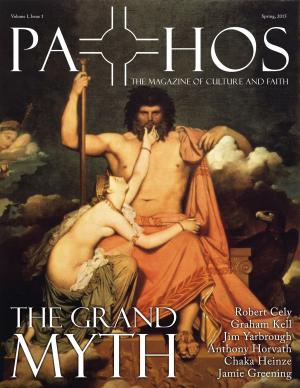Hitler’s Religious, Quasi-Religious and Anti-Religious Ideas
Nonfiction, History, Jewish, Holocaust, Religion & Spirituality, Bible & Bible Studies| Author: | Joseph Keysor | ISBN: | 9781311336286 |
| Publisher: | apgroup | Publication: | May 29, 2014 |
| Imprint: | Smashwords Edition | Language: | English |
| Author: | Joseph Keysor |
| ISBN: | 9781311336286 |
| Publisher: | apgroup |
| Publication: | May 29, 2014 |
| Imprint: | Smashwords Edition |
| Language: | English |
Hitler's combination of religious and secular rhetoric has led to diverse interpretations of his fundamental orientation. How can talk about some higher power harmonize with his concept of life as a brutal and amoral struggle for survival? A careful consideration of his views shows that while Hitler did have many religious elements in his ideology, these were used to advance a worldview that was fundamentally hostile to conventional religion. The higher power that he constantly evoked was not the god of the Bible, but something closer in spirit to the Will of Schopenhauer, the World Spirit of Hegel, or a vague Almighty of philosophical pantheism. Hitler's contempt for Semitic Christianity and his desire to replace it with a new concept of life are directly stated in strangely neglected passages in Mein Kampf.
Hitler's combination of religious and secular rhetoric has led to diverse interpretations of his fundamental orientation. How can talk about some higher power harmonize with his concept of life as a brutal and amoral struggle for survival? A careful consideration of his views shows that while Hitler did have many religious elements in his ideology, these were used to advance a worldview that was fundamentally hostile to conventional religion. The higher power that he constantly evoked was not the god of the Bible, but something closer in spirit to the Will of Schopenhauer, the World Spirit of Hegel, or a vague Almighty of philosophical pantheism. Hitler's contempt for Semitic Christianity and his desire to replace it with a new concept of life are directly stated in strangely neglected passages in Mein Kampf.















